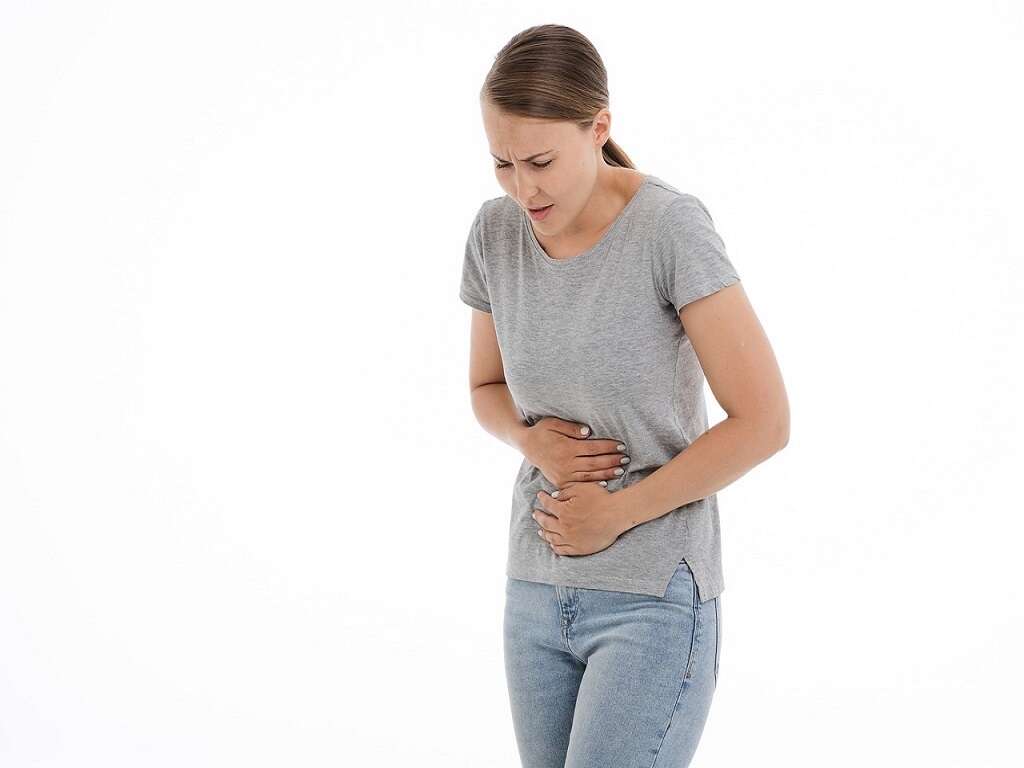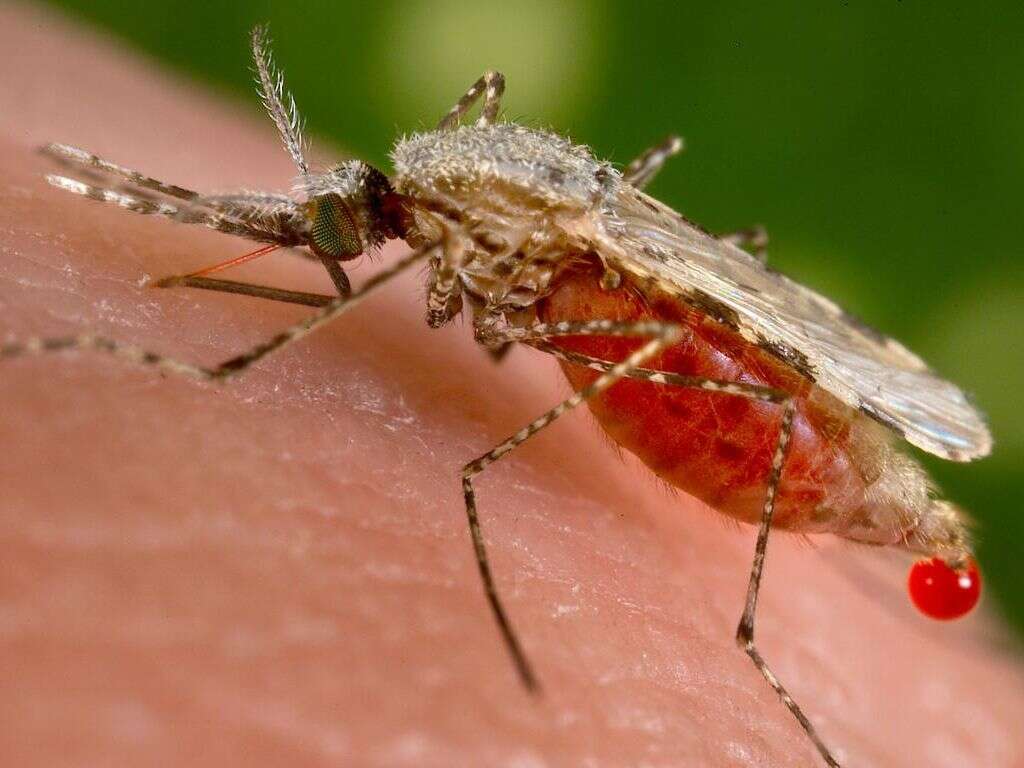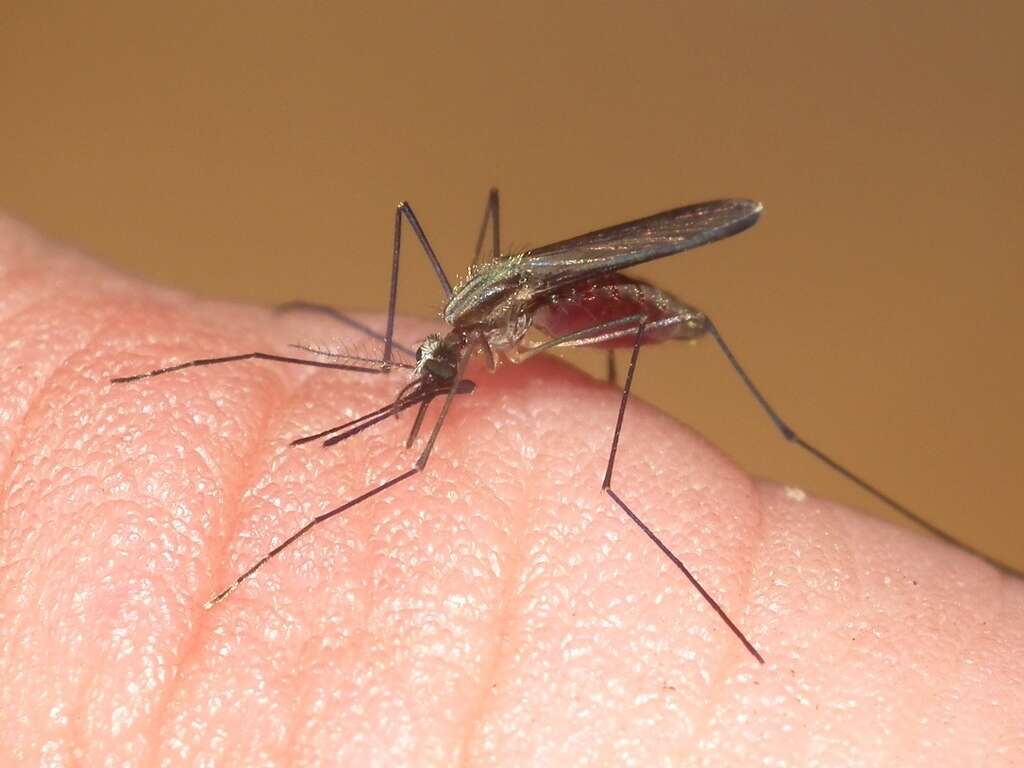10 Symptoms of Hookworms in Humans
 Article Sources
Article Sources
- 1. 'Creeping Eruption.' Johns Hopkins Medicine, www.hopkinsmedicine.org/health/conditions-and-diseases/creeping-eruption
- 2. Wei, Kun-Yan, et al. 'Hookworm Infection: A Neglected Cause of Overt Obscure Gastrointestinal Bleeding.' The Korean Journal of Parasitology, The Korean Society for Parasitology and Tropical Medicine, Aug. 2017, www.ncbi.nlm.nih.gov/pmc/articles/PMC5594735
- 3. 'CDC - Hookworm - Disease.' Centers for Disease Control and Prevention, Centers for Disease Control and Prevention, 10 Jan. 2013, www.cdc.gov/parasites/hookworm/disease.html
- 4. Texas Department of State Health Services. 'Hookworm.' Texas Department of State Health Services, www.dshs.texas.gov/IDCU/disease/Hookworm.aspx
- 5. 'Hookworm Infection: MedlinePlus Medical Encyclopedia.' MedlinePlus, U.S. National Library of Medicine, medlineplus.gov/ency/article/000629.htm
Hookworms are parasites that attach to the wall of the intestine. Although hookworms are transmitted through the skin, they travel through the body, enter the lungs and end up in the intestine, where they mature. Many people don't have symptoms, but when the parasite burden is high, some individuals experience gastrointestinal symptoms. The wavy thread-like rash is the first sign of hookworms in humans.
Eggs from hookworms are passed through human and dog feces. The parasites can end up in soil in areas with bad sanitation and poor waste control. Hookworm is more common in children than adults, as they tend to play outside more.
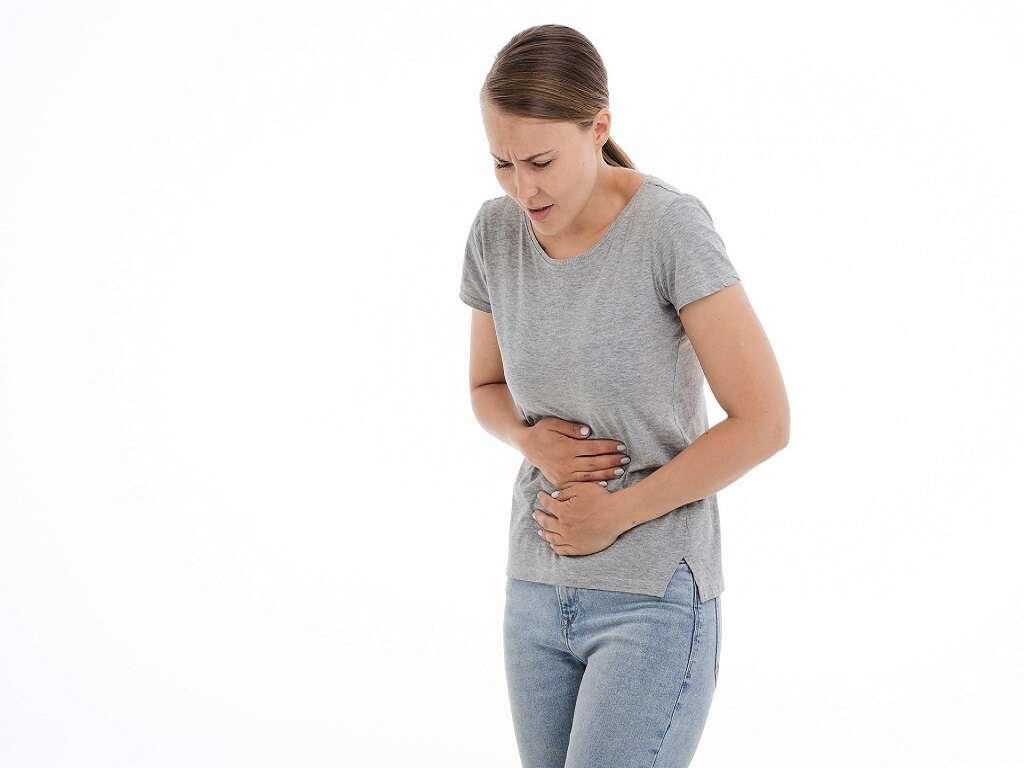
Itchy Rash
Most hookworm infestations start with a localized rash called a creeping eruption, which is caused by an allergic reaction to the toxins released by the worm larvae. The rash typically appears on areas of the body that have been exposed to the hookworm parasite. These areas are normally the feet, legs and buttocks.1‘Creeping Eruption.’ Johns Hopkins Medicine, www.hopkinsmedicine.org/health/conditions-and-diseases/creeping-eruption
Characterized by raised meandering lines under the skin, the rash is usually red and unbearably itchy. People who are infected frequently report that the rash looks like worms burrowing under the skin. It's best to seek medical advice and get medication before the parasite burden increases.

Gastrointestinal Pain
If the infection isn't controlled during the rash phase, some individuals might experience painful symptoms throughout the body. This generally happens when the parasite load increases. One of the most commonly reported symptoms by adults with hookworms is abdominal pain.
Types of gastrointestinal symptoms caused by hookworms can include cramping stomach pain, feeling bloated, vomiting, nausea and diarrhea. To get rid of the infection, individuals might require strong medication or removal of the parasites via endoscopy.
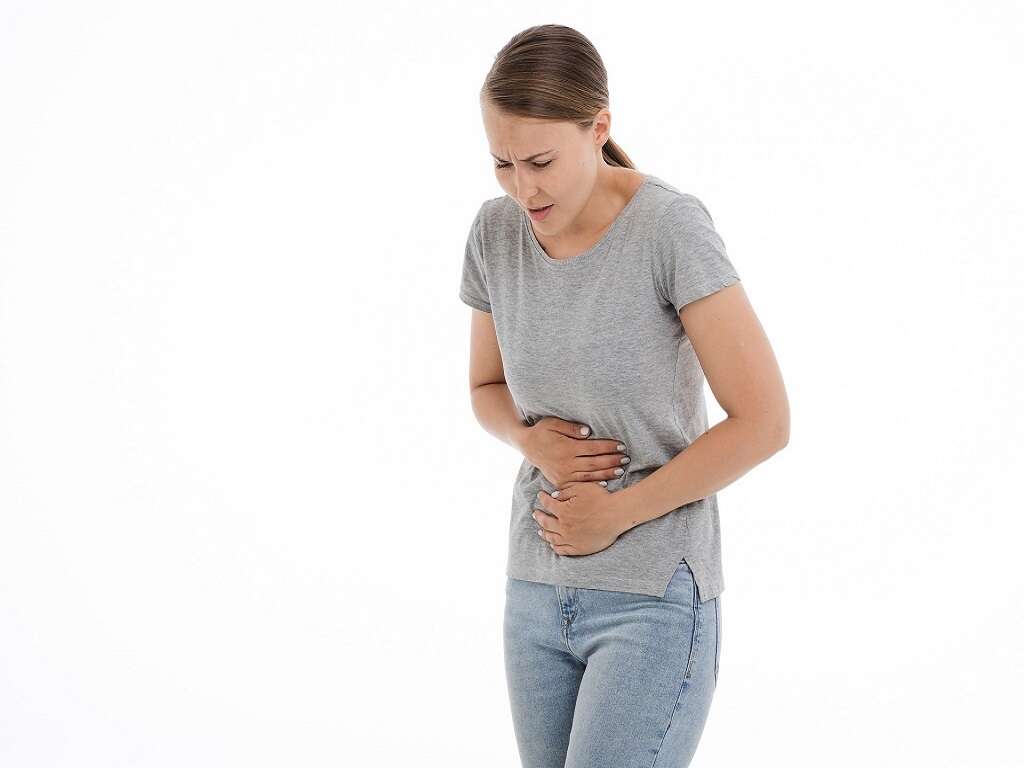
Watery Diarrhea
Diarrhea associated with a parasitic infection is usually watery. Parasites, such as hookworms, attach themselves to the intestinal lining, stopping the body's ability to absorb essential nutrients. Hookworms are intestinal worms that enter through the skin, feed on their host's blood and thrive in the gut.
Once the host is infected, the worms can travel through the body to the intestines where they feed and breed. They can either remain under the skin or within the intestine.

Blood in Stool
Blood in the stool is considered a complication of a severe infestation. Stool samples are normally taken by health care workers to check for hookworm eggs and signs of blood.
Huge worm burdens can turn into hookworm disease, commonly found in individuals with chronic hookworm infestations. Although the bleeding is not severe, hookworms can cause intestinal hemorrhage, which might lead to small black specks of blood in the stool.2Wei, Kun-Yan, et al. ‘Hookworm Infection: A Neglected Cause of Overt Obscure Gastrointestinal Bleeding.’ The Korean Journal of Parasitology, The Korean Society for Parasitology and Tropical Medicine, Aug. 2017, www.ncbi.nlm.nih.gov/pmc/articles/PMC5594735

Anemia
Chronic hookworm is usually caused by heavy infestations of the parasite. Because the worms hook onto the intestine and feed on blood, it can deplete the body of iron, which could lead to iron-deficiency anemia.
These infections are more common in children than adults and frequently lead to both iron and protein deficiencies. A child's growth and mental development can be affected if the parasite burden is high and they're malnourished.3‘CDC - Hookworm - Disease.’ Centers for Disease Control and Prevention, Centers for Disease Control and Prevention, 10 Jan. 2013, www.cdc.gov/parasites/hookworm/disease.html

Fatigue
If an individual develops anemia or is fighting a chronic infection, they might feel fatigued. Anemia can be caused by a lack of iron, a mineral that helps create red blood cells.
When these oxygen-carrying red blood cells cannot deliver enough oxygen to the body's organs, it can deplete the body of energy, leaving the individual feeling drained. The body uses energy to fight off infections. The immune system has to work harder, and excessive tiredness is a common complaint during an infection.4Texas Department of State Health Services. ‘Hookworm.’ Texas Department of State Health Services, www.dshs.texas.gov/IDCU/disease/Hookworm.aspx

Loss of Appetite
Persistent nausea, which sometimes accompanies a parasitic infection, can lead to loss of appetite. As the worms multiply, they continue to feed on the host's blood. The body's defense mechanism is to starve itself to eliminate any source of nourishment for the worms, resulting in a loss of appetite.
Any type of infection can result in nausea and loss of appetite. If nausea leads to vomiting, it's probable that a loss of appetite could occur, resulting in further problems, such as weakness and weight loss.

Breathing Complications
When the hookworm larvae enter through the skin and penetrate the blood vessels, they migrate toward the heart and lungs. The larvae then break away and enter the airways via the bloodstream. When an infected person coughs, they swallow the larvae and then carry it to the intestine.
The parasites mature into half-inch-long worms in the intestine, where they settle and feed. When the larvae break off and travel through to the intestine, it can cause shortness of breath, wheezing and coughing.5‘Hookworm Infection: MedlinePlus Medical Encyclopedia.’ MedlinePlus, U.S. National Library of Medicine, medlineplus.gov/ency/article/000629.htm

Developmental Problems in Children
Some young children enjoy playing outside and immersing themselves in nature. In unhygienic areas where hookworm is rife, it's easy for children to become infected. If children aren't given antiparasitic medications, they could develop chronic hookworm disease, which may affect their growth and development.
Worm infestations require blood and juices from the intestine to multiply. In severe cases, this can deplete the body of iron and proteins, both vital nutrients for physical development in children.

Weight Loss
There are a few contributing factors to weight loss caused by a parasite burden. While weight loss is not directly caused by the parasite infestation, it is a result of the body's lack of appetite and nausea response to the infection. Fighting off the invasive worms and robbing them of nutrients can lead to weight loss. Therefore, it is important to get early diagnosis and treatment for infections with hookworms.





